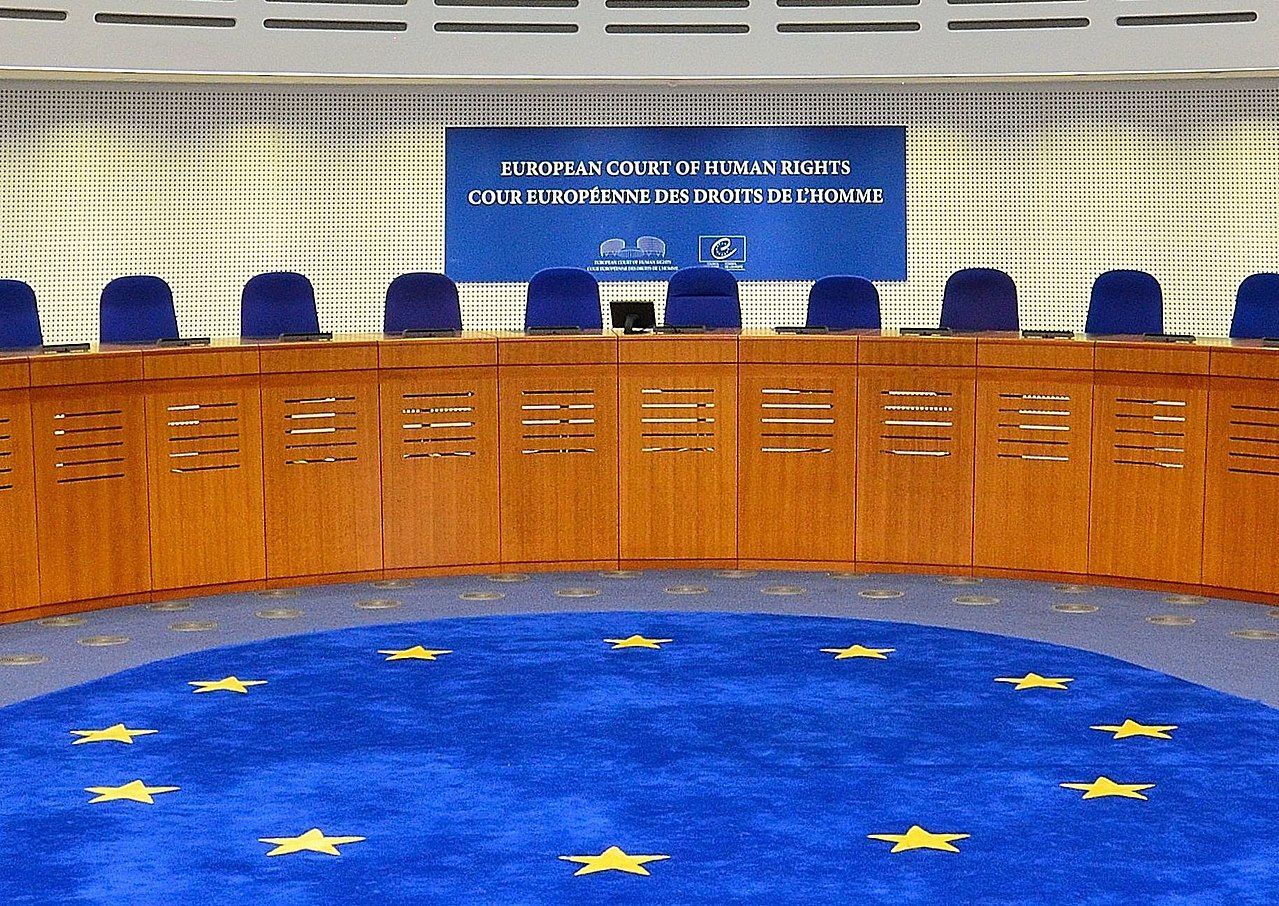In taking an Interstate Case against the British government over its legacy legislation it's fair to say that the Irish government is stepping outside of a comfort zone.
Anglo-Irish Relations have long been a priority for successive Irish governments. There have been disagreements, yes, but never quite to the degree or level forced by passage through Westminster earlier this year of the Northern Ireland Troubles (Legacy and Reconciliation) Act 2023.
In a statement explaining the court move last week, and carried on the Department of Foreign Affairs website, the Irish government laid out its legal stall in a statement.
It read: "Today, the Government decided to initiate an inter-State case against the United Kingdom under the European Convention on Human Rights. In its application, the Government will argue that the provisions of the Northern Ireland Troubles (Legacy and Reconciliation) Act 2023 are incompatible with the United Kingdom’s obligations under the Convention.
"Speaking following the Government decision, the Tánaiste said: 'This decision was taken after much thought and careful consideration. I regret that we find ourselves in a position where such a choice had to be made.
'However, the decision by the British Government not to proceed with the 2014 Stormont House Agreement and instead pursue legislation unilaterally, without effective engagement with the legitimate concerns that we, and many others, raised left us with few options. The British Government removed the political option and has left us only this legal avenue.
'The incorporation of the European Convention on Human Rights into Northern Ireland law is a specific and fundamental requirement of the Good Friday Agreement. Since the UK legislation was first tabled, the Government have been consistent that it is not compatible with the Convention. I used every opportunity to make my concerns known, and urged the British Government to pause this legislation.'
"The Tánaiste highlighted that: “I have consistently adopted a victims-centered approach to this issue. We are not alone in our concerns. Serious reservations about this legislation have also been raised by a number of international observers, including the Council of Europe’s Commissioner for Human Rights and the UN High Commissioner for Human Rights. Most importantly, this legislation is opposed by people in Northern Ireland, especially the victims and families who will be most directly impacted by this Act.
'In particular, we have concerns around provisions which allow for the granting of immunity, and which shut down existing avenues to truth and justice for historic cases, including inquests, police investigations, Police Ombudsman investigations, and civil actions. Even in cases in which immunity is not granted, “reviews” by the proposed body, the Independent Commission for Reconciliation and Information Recovery (ICRIR) are not an adequate substitute for police investigations, carried out independently, adequately, and with sufficient participation of next of kin.
'The British Government enacted this legislation on 18 September 2023, shutting off any possibility of political resolution. We now find ourselves in a space where our only recourse is to pursue a legal path.
It is important to leave the next steps to the Court.'”
Suffice it to say, the Irish government is not alone in occupying said space.
The legacy legislation has brought about a degree of unanimity in Ireland, North and South, not seen in a very long time, if ever before seen at all.
Just about every party and Troubles-related campaigning group on the island was opposed to the legacy legislation and will be supporting Dublin's legal moves before the court, which is based in Strasbourg, France.
And Irish America will be watching closely too. A number of Irish American legislators were voicing their concerns as the legislation took shape and their outright opposition once it took firm form. The latest expression of that opposition came in a letter from three members of Congress in recent days led by Republican Representative Mike Lawler. The decision to go to court was immediately welcomed by Congressman Brendan Boyle. The Philadelphia Democrat was absolute in his opposition to the legacy legislation from the moment it surfaced. So, even as they battle on multiple issues in Washington, Congress members who take an interest in Ireland are on the same page with regard to the certainty that the legacy bill will deny justice to all too many families who suffered the loss of loved ones during the Troubles years.
The case will now proceed and be heard. Many around the world will be watching closely.












